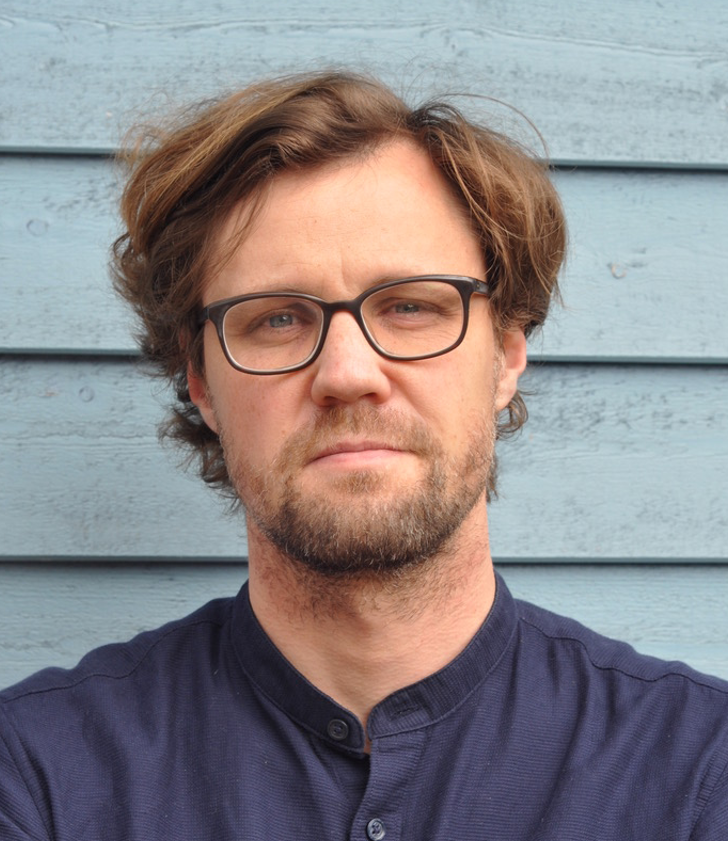Selected Publications
- Europas letzte Festungen. Reise nach Ceuta und Melilla. Berlin: Wagenbach 2022.
- Peter Szondi. Eine intellektuelle Biographie. Frankfurt a.M.: Campus 2020.
- Heterodoxe Wissenschaft in der Moderne. Paderborn: Fink 2021 (Ed., together with Mathis Lessau, Philipp Redl).
- Scheitern in der Neuen Welt. Uwe Timms Romane Der Schlangenbaum und Ikarien. In: Linda Maeding (Hg.): Utopie und (Post-)Kolonialismus (forthcoming).
- Gerechte Annexion? Kolumbus und Magellan im literarischen Urteil der Zwischenkriegszeit. In: Michaela Holdenried/Anna-Maria Post (Hg.): »Land in Sicht!« Literarische Inszenierungen von Landnahmen und ihren Folgen. Berlin: ESV 2021, S. 73–91.
- Wahlvaterschaften. Peter Szondi und die Patriarchen. In: LEA – Lingue e Letterature d’Oriente e d’Occidente 7 (2018), S. 649–661.
FRIAS Project
Columbus. A history of literature about the other and the self.
The explorer and colonizer Columbus occupies a paradigmatic threshold position between cultural identity and alterity: himself a national hybrid figure, he discovers an ‘other’, which in turn becomes a projection screen for the European ‘own’. The Columbus figure is thus a central element of post-colonial literary history. German-language literature on Columbus can be divided in three useful constellations of the history of ideas, or three modes that basically follow a chronological course: (1) the Enlightenment, which first of all appropriates the discoverer and colonizer as a hero of civilization, who lets the strangers participate in the European blessings, whereby the curses of civilization are also criticized (authors: Bodmer, Campe, Herder, Lichtenberg, Forster); (2) the idealistic-romantic, which seeks its own identity through identification with the hero, while the other hardly appears any more, Columbus is here an aesthetic cipher for the upheavals of the present (authors: Schiller, Hölderlin, Nietzsche, otherwise: Rückert, Klingemann); (3) the modern one, which only accepts the hero as an villain or comic figure, deconstructs him as a hero and tends to adopt the perspective of the ‘others’, who are often adapted to the own identity (authors: Wassermann, Tucholsky, Hasenclever, Zweig, Hacks, Buch).Columbus is by no means unknown in German literature, but he has not yet been adequately represented in German literary studies. I want to close this gap with my project and at the same time gain a new perspective on the history of literature.
